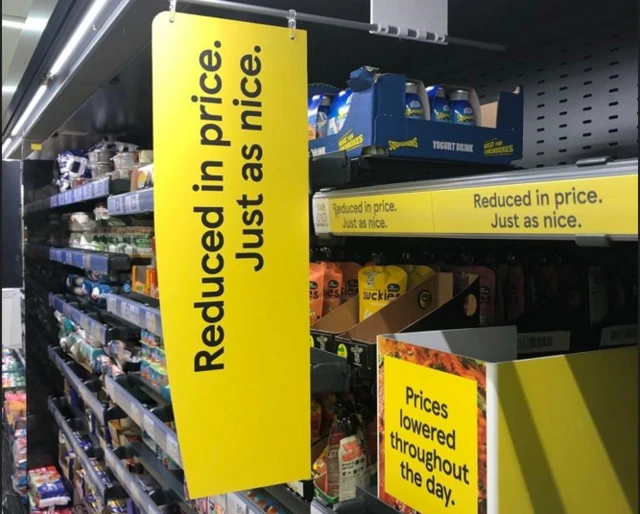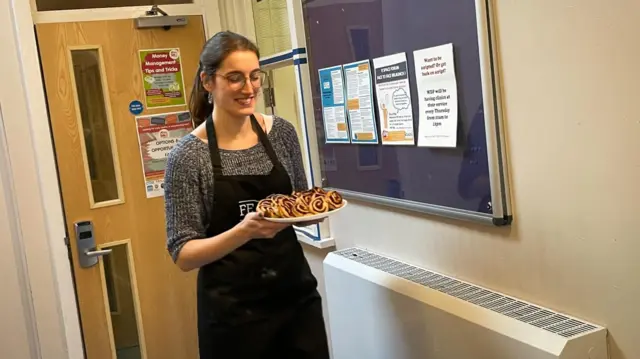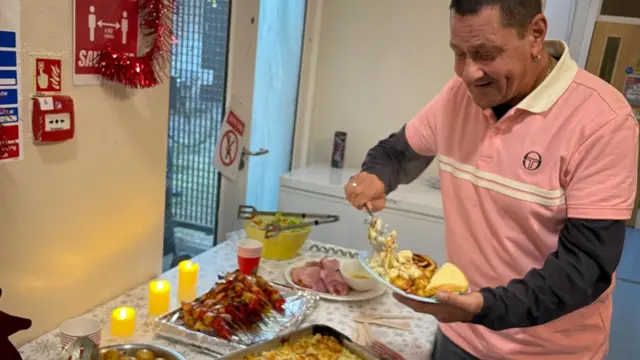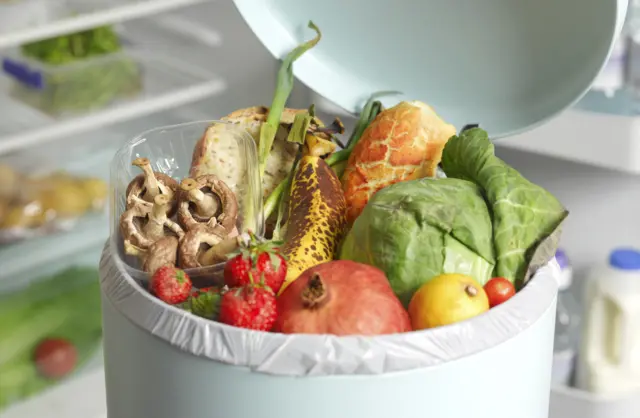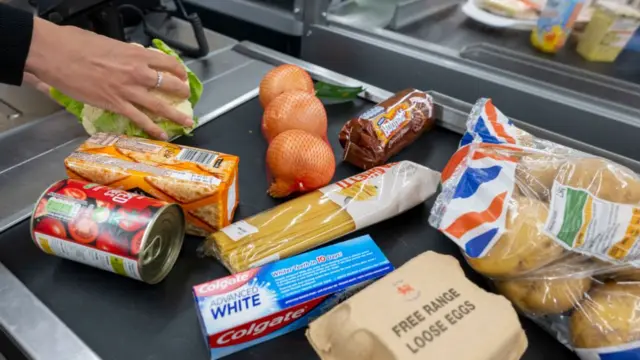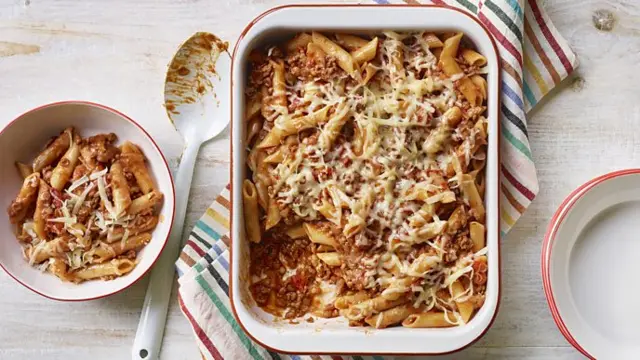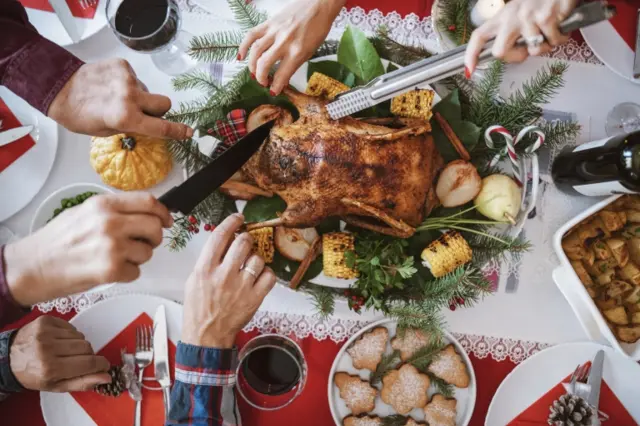How to bake without an ovenpublished at 15:51 GMT 2 December 2022

On her BBC Two series Nadiya’s Everyday Baking, celebrity baker Nadiya Hussain has some ideas for creating cakes and puddings without turning the oven on, saving time and money.
“I have baked my puff pastry in an air fryer before and it works really well - you get a lovely crisp pastry,” she says, while she also uses the hob to make oven-free giant cookies.
And she loves a no-cook dessert too: "l make possets, mousses, tiffins and fridge cakes - none of which require actual baking.”
Read more here for some of Nadiya’s recipes that you can make in your air fryer, slow cooker, microwave and even your fridge.

